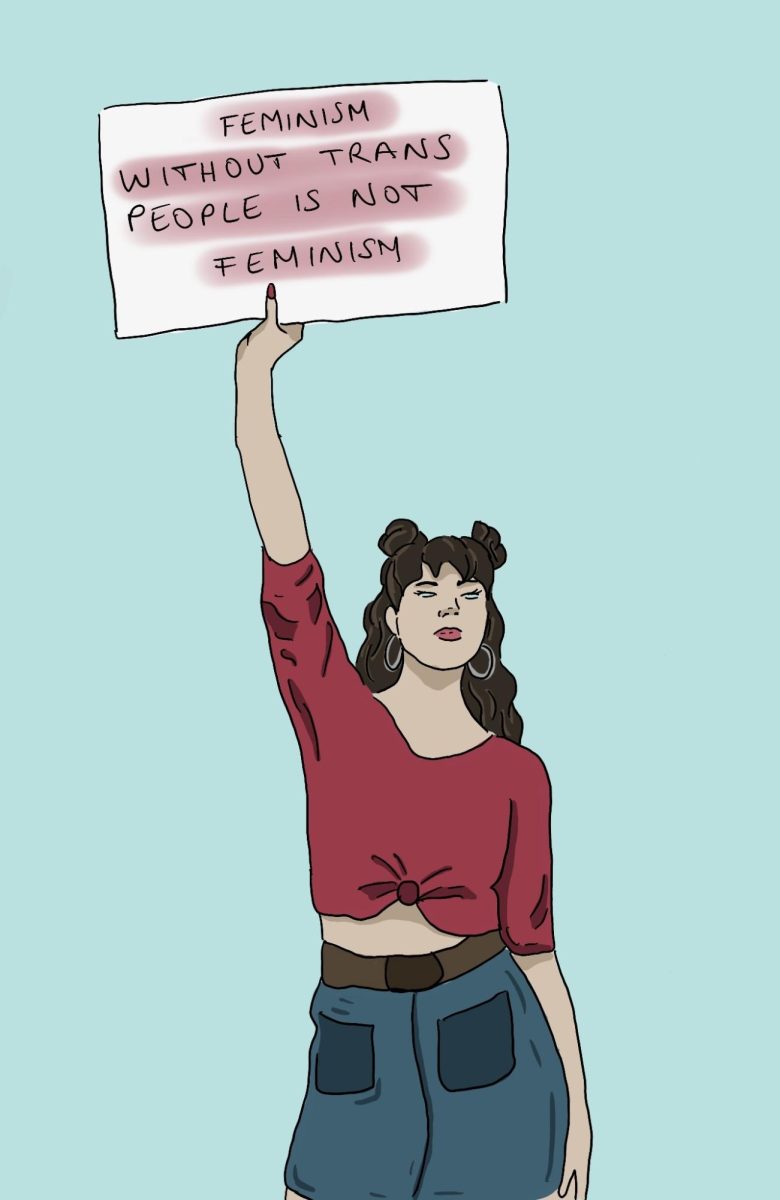Video-game violence faces off with behavioral science
October 20, 2005
Jay Wess Video Game lecture
In this country, we have free speech only until some senator… Jay Wess Video Game lecture
In this country, we have free speech only until some senator or vice president’s wife finds something naughty. When Rockstar Games released “Grand Theft Auto III,” it made “Duke Nukem 3D” look like a game about pretty ponies, but more importantly, it intensified the debate over whether or not video games are too violent.
As it turns out, all the attention made the GTA franchise one of the most profitable in the video game world – that, and the fact that the games are incredibly fun. The fifth installment, “San Andreas,” gets under the skin of religious politicians and left-wing, big government types alike. It’s packed with more crime-related activities and (gasp) social commentary.
On Monday, the Graduate School of Public Heath, as part of the New Media Research Lecture Series, held a lecture about “Grand Theft Auto.” Shira Chess, of the Rensselaer Polytechnic Institute, analyzed the GTA games from a behavioral science perspective. Yes, that’s right, actual behavioral science. Usually, if something bad happens and there is a video game within a 5-mile radius, it gets the blame.
According to her findings, the “Grand Theft Auto” games set up an environment that is conducive to behavioral modification. While they are expansive games, the environment of the digital world is intentionally programmed – every feature present has a specific purpose. In studies about behavioral modification, it has been found that limiting and controlling the physical space of a subject can be effective in changing that subject’s behavior. Space can be a reward.
The GTA games also have a ranking structure in the form of a series of stars indicating the player’s “wanted level.” It lets you know how much law enforcement you’ve attracted. This ranking structure is another effective means of behavioral modification.
All of this would seem to suggest that those politicians are right, but that is not the case. In her lecture, Shira Chess noted that the game is very specific about which deeds are legal and which are illegal. The entire game is structured around this dichotomy. The characters’ actions are not without consequence, and the consequences are almost always in the form of policemen with guns blazing. There is no ambiguity in GTA. The player and the game both judge the actions taking place, and there is never any doubt that they are illegal.
The lecture was excellent. It’s always nice to see new forms of media getting the credit they deserve. Whether you like video games or not, they have made an impact on our culture, and they’ve only just started to realize their potential.
Since there is no science behind the claims of those who would ban video games, there must be some reason for the war between gamers and lawmakers. It could be pandering to the right-wing voters, or it could be just a part of the ongoing struggle of government to reign in the media. However, it seems that the “Grand Theft Auto” series, specifically “San Andreas,” has offended the power structure in a more personal way.
Take a look at the popular “Medal of Honor” series. It is set in World War II, and the character is always a fictional war hero. These games involve killing scores of human beings, but they inspired no controversy at all. “Medal of Honor” is a depiction of violence in its most pure and altruistic sense: a soldier fighting for his country against fascism.
“Grand Theft Auto: San Andreas” also holds a mirror to our culture, but we don’t all like what we see. It’s set in a fictional Los Angeles-like city in 1992. The story is rife with race and class struggle, police brutality and corruption. That stuff happened, remember?
GTA is the story of the down-and-out hero. He’s not fighting for his country – his country doesn’t care about him. He’s trying to make his way between the cracks in the pavement of civilization. Politicians don’t like that story for obvious reasons, but they have no right to take it away from us.


